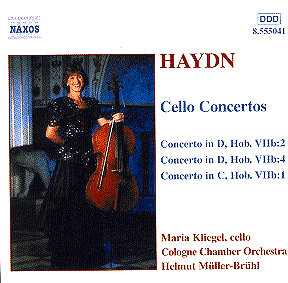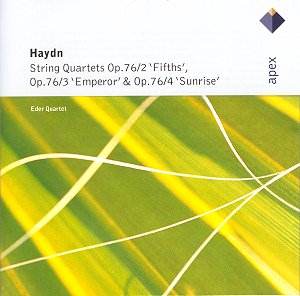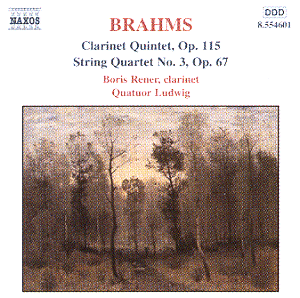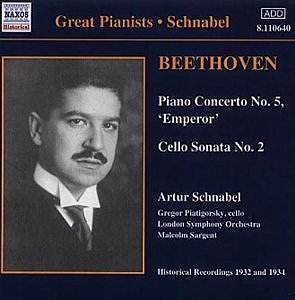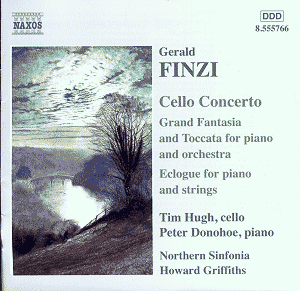 Composer: Gerald Finzi
Composer: Gerald Finzi
Works: Cello Concerto (1955), Eclogue for piano and orchestra (1929), Grand Fantasia and Fugue for piano and orchestra (1953)
Performers: Tim Hugh (cello), Peter Donohoe (piano), Northern Sinfonia, conducted by Howard Griffiths
Recording: 14 and 26 Jan 2001, Jubilee Theatre, Gosforth, Newcastle-upon-Tyne
Label: NAXOS
Gerald Finzi, an emblematic figure of the English pastoral tradition, left an indelible mark on the 20th-century musical landscape with works that resonate with lyrical beauty and deep emotional undercurrents. This Naxos recording showcases his Cello Concerto, a substantial late work, alongside the Eclogue and the Grand Fantasia and Fugue—pieces that reflect both his stylistic evolution and his unfulfilled ambitions as a composer. The Cello Concerto, written in 1955 during Finzi’s final illness, encapsulates a profound introspection that invites listeners to ponder the composer’s reflective engagement with mortality and artistic legacy.
Tim Hugh’s interpretation of the Cello Concerto reveals a nuanced understanding of Finzi’s complex emotional palette. His performance captures the work’s inherent contradictions—a blend of graceful lyricism and underlying tension. The opening movement, rife with “blank misgivings,” benefits from Hugh’s sensitive phrasing, although the recording’s placement in the mix occasionally detracts from the more expansive gestures that are so crucial to the movement’s dramatic arc. The rondo finale emerges with a jubilant spirit reminiscent of Finzi’s Clarinet Concerto, yet lacks some of the grandiosity of climaxes found in earlier interpretations, such as the seminal recording by Yo-Yo Ma. Nevertheless, Hugh’s playing is marked by a deep sympathy for the music, revealing the work’s introspective qualities, even as it flirts with raucous grandeur.
The coupling of the Eclogue and the Grand Fantasia and Fugue further enriches this recording, showcasing Finzi’s diverse compositional style. The Eclogue, with its contemplative and sorrowful essence, is performed with a delicacy that honors its intimate character. However, the recording’s close sound can feel oppressive, overshadowing the distance and inwardness that the piece requires. This lack of spaciousness contrasts sharply with the vibrant, almost exuberant interpretation of the Grand Fantasia, where Peter Donohoe’s vigorous piano playing imbues the work with an infectious energy. The work’s opening, inspired by Bach, is executed with rhythmic vitality, although at times it veers towards bombast, possibly overshadowing the subtleties of Finzi’s harmonic language.
Sound quality, while generally commendable, presents a mixed experience across the recording. The clarity of the orchestral textures in the Cello Concerto is somewhat compromised due to the relatively small string section of the Northern Sinfonia, which may detract from the symphonic breadth that Finzi envisioned. In contrast, the engineering provides a robust presence for the piano works, particularly in the Grand Fantasia, where the full-bodied sound captures the work’s exuberance without losing the intricacies of counterpoint.
Examining this recording alongside Raphael Wallfisch’s earlier rendition reveals the multifaceted nature of Finzi’s Cello Concerto. Wallfisch brings a dramatic flair that emphasizes the work’s more sweeping gestures, while Hugh’s interpretation leans towards a more introspective and nuanced approach. Each performance offers a distinct perspective on this richly textured work, underscoring the complexity and depth inherent in Finzi’s music.
This Naxos release stands out for its ambitious programming and high performance values, serving both as an introduction to Finzi’s oeuvre and as a thoughtful exploration of his musical legacy. The combination of the Cello Concerto with the Eclogue and the Grand Fantasia creates a compelling listening experience that both highlights Finzi’s lyrical mastery and invites contemplation of the emotional depths of his final works. The disc merits attention not only for its artistic merit but also for its role in expanding the appreciation of a composer whose voice is both singular and profoundly resonant in the canon of English music.
